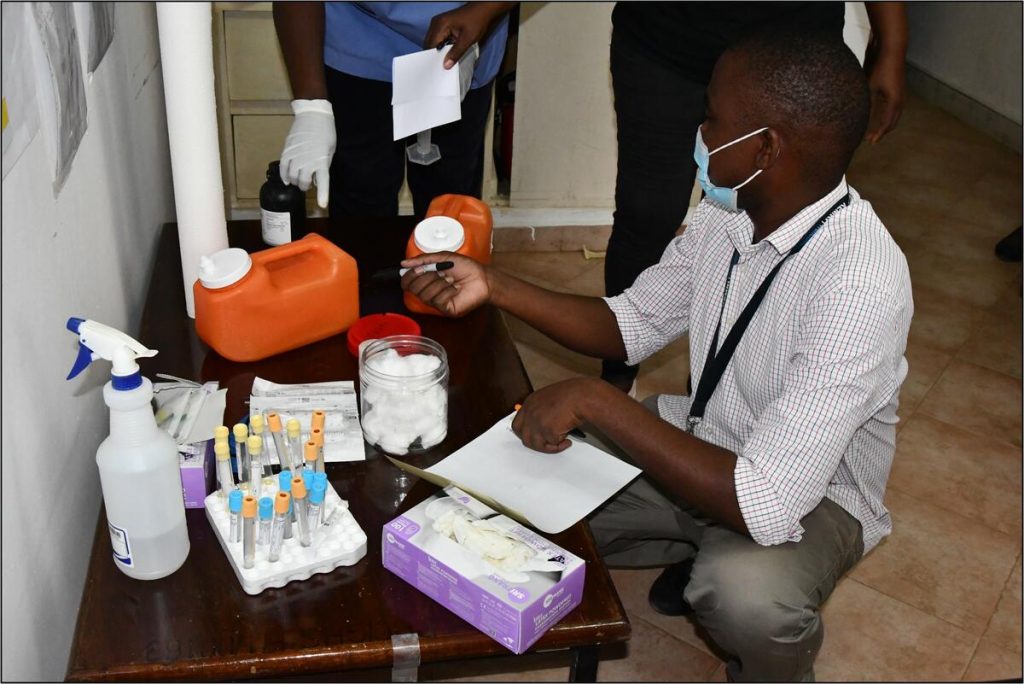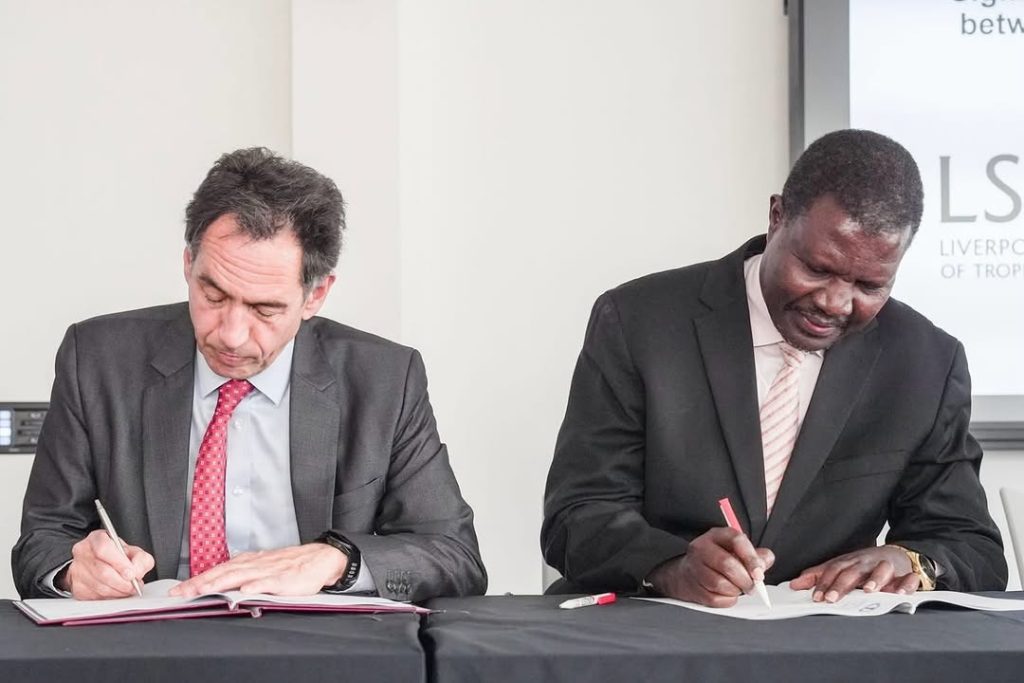The KEMRI-Wellcome Trust, in collaboration with the Centre for Snakebite Research and Interventions (CSRI), has entered the second phase of clinical trials testing Unithiol—a chelating agent commonly used in the treatment of heavy metal poisoning (Mercury, Lead, and Arsenic)—for use in treating venomous snakebites.
Unithiol was selected for snakebite research due to its ability to neutralize snake venom metalloproteinases (SVMPs). These zinc-based toxins, found in the venom of many snake species, are known to cause severe tissue damage and life-threatening bleeding in bite victims.
Following the successful completion of Phase 1 trials at the Liverpool School of Tropical Medicine (LSTM), Dr. Michael Abouyannis, the study’s lead author, expressed optimism about the results.
“This Phase 1 trial would not have been possible without the support of Professor Hamaluba and the team at KEMRI-Wellcome Trust in Kilifi. We’ve shown that Unithiol is safe—even at the high doses we believe will be needed to treat snakebite effectively in the 21st century, with the potential to vastly improve patient outcomes,” he said.

The Phase 1 research demonstrated that Unithiol is well-tolerated, has minimal side effects, and is easy to administer—either orally or intravenously.
In Kenya, snakebites affect approximately 20,000 people each year, leading to around 4,000 deaths and 7,000 cases of permanent health complications. The World Health Organization (WHO) classifies snakebite envenoming as a neglected tropical disease, with the burden falling heaviest on rural communities in Sub-Saharan Africa, Latin America, and Asia—where access to healthcare facilities is often limited.
Current antivenoms—the only approved treatment—are over 100 years old, require intravenous administration by trained personnel, and are associated with a high rate of adverse reactions. In contrast, Unithiol, based on LSTM’s preclinical findings, is not only safe and well-accepted by the body but also easier to administer in both community and clinical settings.

Professor Nicholas Casewell, Director of CSRI, expressed hope that Unithiol will provide a breakthrough in snakebite treatment:
“As we move into Phase 2 of clinical trials, we’re getting closer to a world where snakebite envenoming can be treated in a clinic just minutes away from the patient. This could buy victims valuable time to reach a hospital, significantly reducing their risk of death or disability.”
The KEMRI-Wellcome Trust in Kilifi and the Liverpool School of Tropical Medicine continue to strengthen their collaborative efforts. On March 25, 2025, the two institutions signed a Memorandum of Understanding (MoU) aimed at expanding global health research. Their ongoing joint projects include work on malaria, maternal and newborn health, and adolescent sexual health.





